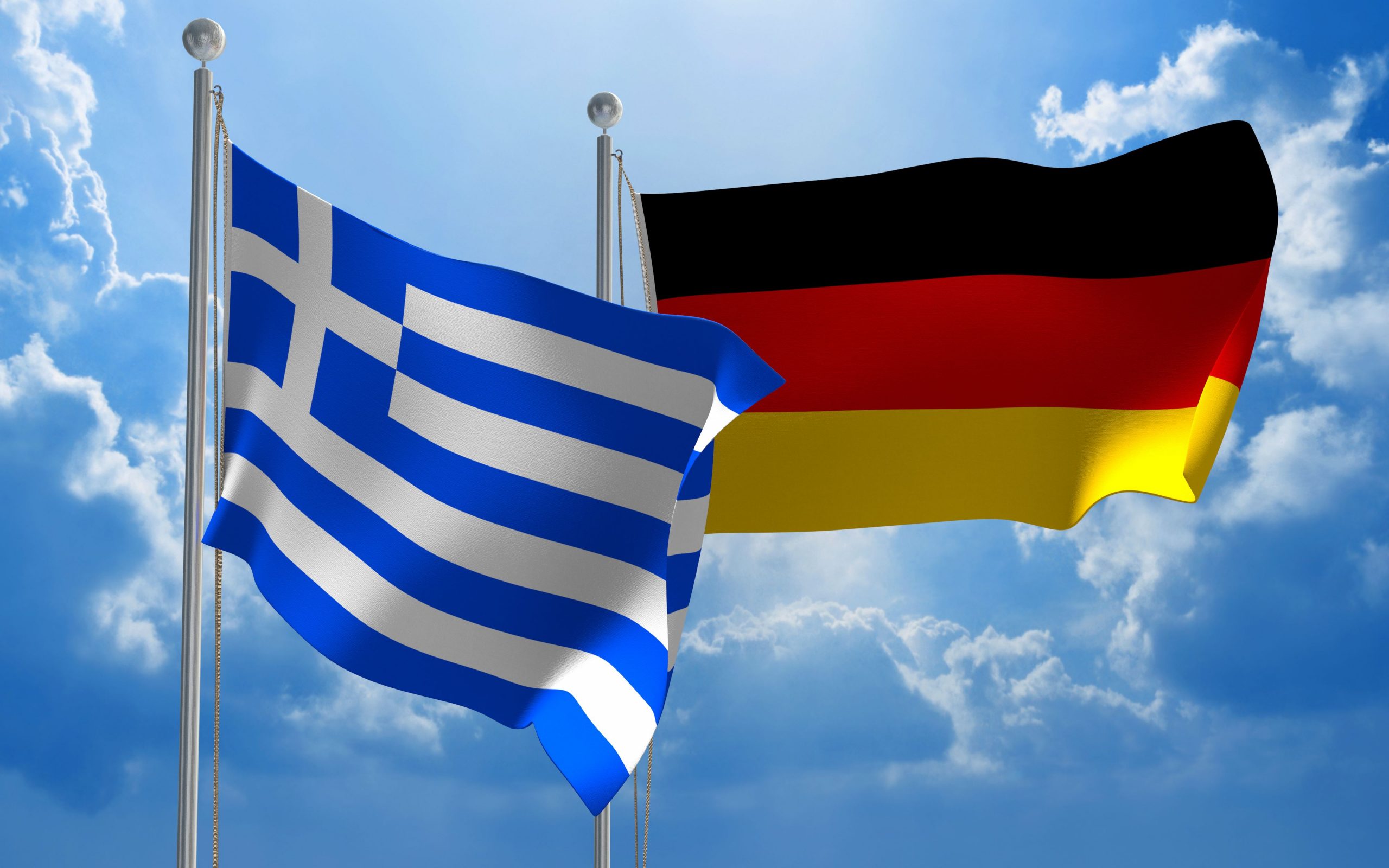The bad days have been consigned to the past. We have entered a new and positive phase in Greek-German relations. 2023 was a good year for relations between the two countries. And 2024 is expected to be even better. At least that is the declared aim of the governments in Athens and Berlin.
There are several indicators that can be used to measure the quality of bilateral relations. One key indicator is the statements made by political leaders. Since both countries are members of NATO and the EU, their leaders meet regularly. Over time, personal relationships develop and their growing familiarity manifests itself in leaders addressing each other by their first names and in the familiar form.
In January 2023, Greek-German relations hit a new high with the official visit of the President of the Hellenic Republic, Katerina Sakellaropoulou, to Berlin. The media spoke of an “extremely cordial atmosphere”. Greece and Germany share “a common vision and common values”, President Sakellaropoulou declared.
A second highlight were the talks between Prime Minister Kyriakos Mitsotakis and German Chancellor Olaf Scholz in Berlin mid-November. Due to the timing of the meeting, the media focused on Berlin and Athens’ positions on the war in Gaza and on Turkey, since the Turkish president was expected in the German capital shortly afterwards. Scholz and Mitsotakis agreed on both points. Unlike similar meetings in recent years, the talks could be described as an exercise in harmony at the highest level, without a single point of disagreement. An enthused Chancellor spoke of a “new era” in relations between the two countries, with the Greek Prime Minister responding thus: “A friend in need is a friend indeed, and we will be seeking closer cooperation with Germany”.
Indeed, current conditions are more conducive to improvements in bilateral relations than they have been in years. This is mainly because certain “structural” factors that overshadowed the relationships until recently have become less central of late. According to a poll conducted by the Friedrich Ebert Foundation, the negative perceptions of Germany in Greece can be ascribed to three main factors: Berlin’s behaviour during the economic crisis, the crimes of the Wehrmacht during World War II coupled with Germany’s handling of Greece’s reparations claim, and finally Berlin’s stance on Greek-Turkish issues.
The economic recovery in Greece and substantial improvement in Greek-Turkish relations mean that neither issue is currently a sticking point. The days when German politicians exerted influence on Greek domestic politics are a thing of the past. In fact, the German media are full of praise for Greece’s economic reforms, with the German finance minister saying Germany could learn from the Greeks. Accusations of Berlin siding with Ankara in Greece’s dispute with Turkey have become less grave in the light of the de-escalation in the Aegean. Finally, the current Greek administration does not seem to intend to raise the issue of German crimes in World War II, and above all of reparations, which could jeopardize future improvements in bilateral relations.
During Mitsotakis’ visit to Berlin, Olaf Scholz clearly expressed Germany’s expectations of bilateral relations in the years ahead: “We want to cooperate more closely in the economy, in energy and in climate protection. The list of our bilateral projects is long and I am pleased that we are continuing to promote them jointly.”
There will be many more opportunities to do so in 2024. Germany is still Greece’s most important trading partner and German companies among its most important investors. There are signs that German investment will grow further in the new year. The Thessaloniki International Fair (TIF) will be a highlight in bilateral economic relations, since Germany will be the honoured country this year. Mr Mitsotakis has already invited Olaf Scholz to Greece for the event. Playing an important coordinating role in all this is the Hellenic-German Chamber of Commerce, which will be celebrating its centenary in 2024. At the same time, the German Archaeological Institute, another pillar of bilateral relations, will be celebrating the 150th anniversary of its foundation. Both dates are a reminder of the long tradition of close ties between the two countries.
Nevertheless, there remains a huge discrepancy between the quality of official relations in all areas (politics, economy, culture) and public perceptions of Germany. Germany’s popularity ratings in Greece remain at rock bottom. “We have a 14% popularity rating”, German Ambassador Andreas Kindl noted with regret at the recent Athens Security Forum. “Our goal is to increase this to 17%”, the diplomat added.
This is a modest target, considering that Germany enjoyed an approval rating of almost 80% prior to the financial crisis, when it was the Greeks’ most popular country.



